INNOVATIVE BIOMEDICAL TECHNOLOGIES IN CLINICAL MEDICINE
Segreteria: Dipartimento di Medicina Traslazionale e di Precisione - Sig.ra MARIA CONCETTA MAIORANO
The PhD course in Innovative Biomedical Technologies in Clinical Medicine is designed to carry out a training program in translational medicine by using advanced biotechnologies, and improving the ability to manage and analyze large amount of data (Big Data Analysis) through innovative bioinformatics and computer science tools (Network Medicine). of the goal is promoting a new profile of researcher with specific skills not only for using innovative technologies for the investigation of molecular mechanisms of diseases but also for applying the results of this investigation to the diagnosis, prognosis and therapy of specific clinical conditions. Main purposes of the doctorate: a) to respond to increased demand for new models of teaching aimed at preparing to the so-called translational medicine b) to create professionals who are expert in translational and network medicine, able to combine the expertise in the use of advanced information and communication technologies with the clinical skills necessary to identify relevant scientific issues as well as potential applications of new findings. Specific educational objectives: a) to learn the most advanced methodologies to study genome and its variability (genomic analysis of SNPs and CNV; techniques for DNA methylation analysis; microbial study; next-generation sequencing (NGS) techniques] and bioinformatics methodologies underlying the evaluation of genetic research results [design and analysis of genome-wide association studies and NGS studies; b) to learn the methods for gene expression analysis [arrays; digital-PCR; RNA-seq; miRNA-seq] c) to learn cell culture techniques, including the isolation, characterization and culturing of progenitor cells, stem cells and iPS; organoid cultures d) to learn techniques for in vitro and ex vivo cells of innate and adaptive immunity e) to learn the main techniques for genetic manipulation and conditioning [transgenic; knock-out; Knock-in; CRISPR–Cas9 technology] f) to learn proteomic and metabolomic techniques for identifying disease predictors g) learning the principles and applications of network medicine h) to apprehend the principles and applications of BigData Science i) to design and implement predictive algorithms (machine learning) to analyze and extract useful knowledge from the large variety and dimension of available medical data, both in the form of networks (biological and social), sequences (patients’ trajectories), and unstructured data (text and images) l) to learn the basics of clinical trials, experimental data management as well as publication and interpretation of results m) to learn the basics of in silico clinical trials n) to understand the business and industrial aspects related to advanced biotechnology.
Giorno: 14/9/2022 Ora: 09:00 Aula: da definire Indirizzo: da definire
Giorno: 19/9/2022 Ora: 09:00 Aula: da definire Indirizzo: da definire
Giorno: 8/9/2022
MARCELLO ARCA (marcello.arca@uniroma1.it)
https://phd.uniroma1.it/web/TECNOLOGIE-BIOMEDICHE-INNOVATIVEIN-MEDICINA-... Dipartimento di Medicina Traslazionale e di Precisione Indirizzo di posta elettronica: mariaconcetta.maiorano@uniroma1.it Tel. +39 0649974522


